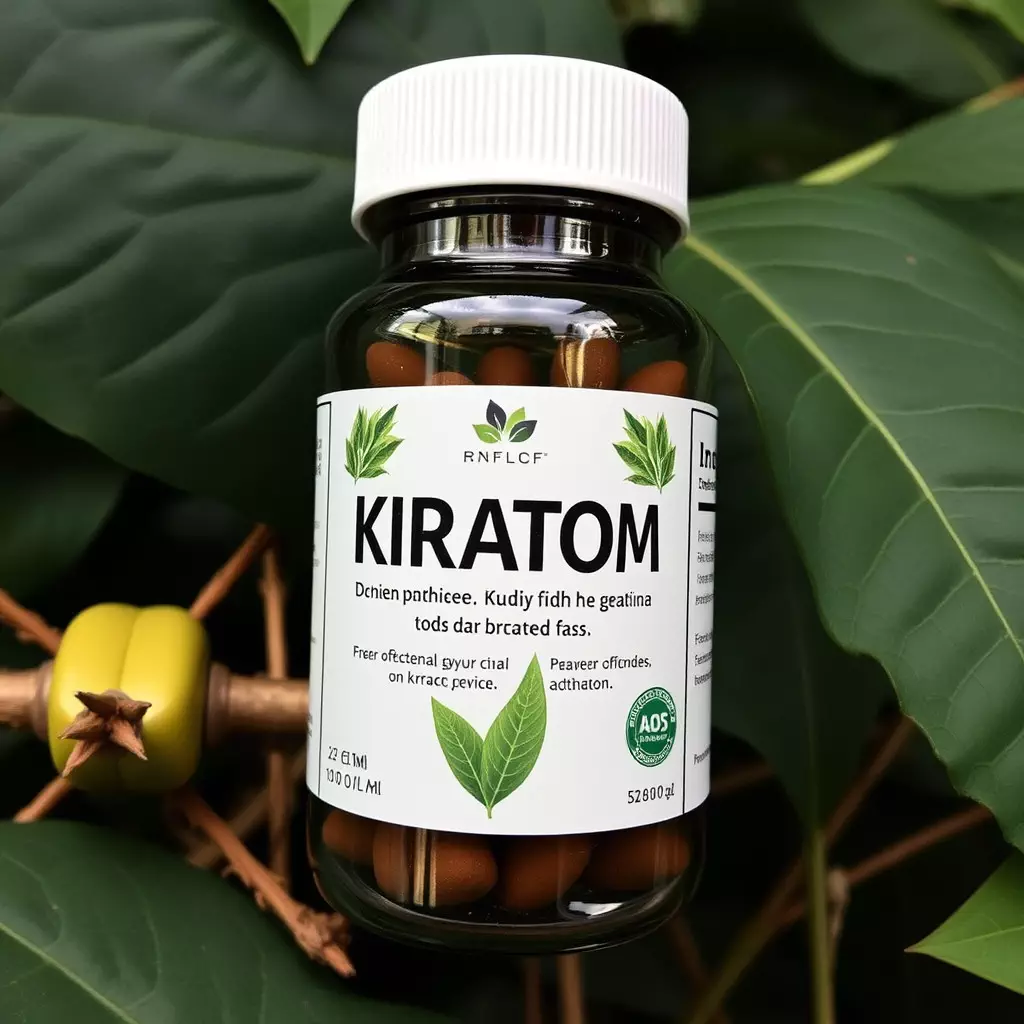Ginger, rich in bioactive compounds like gingerol and shogaol, plays a key role in promoting digestive health by boosting digestive enzyme secretion, enhancing gastric motility, and easing intestinal pain. Its anti-inflammatory and antioxidant properties also help protect the GI tract from inflammation and oxidative stress. Kratom herbs and botanicals, derived from the Mitragyna speciosa tree, complement this by relaxing smooth muscle tissues in the GI tract, potentially aiding conditions like ulcers and colitis. The combination of ginger and Kratom offers a holistic approach to digestive health, leveraging both gut healing and efficient digestion through natural means. For those considering using these herbs as a natural remedy for digestive issues, it's important to consult with a healthcare provider to understand the correct dosage and potential interactions with other medications or health conditions. The article also emphasizes the importance of sourcing high-quality, organic products to ensure safety and effectiveness.
Discover the healing properties of ginger as a natural remedy for digestive health. This article delves into how ginger, paired with Kratom herbs and botanicals, can play a pivotal role in maintaining intestinal wellness. We’ll explore its benefits, from alleviating stomach discomfort to enhancing the body’s ability to absorb nutrients. Additionally, we provide a guide on integrating ginger into your diet effectively, focusing on its preparation and safety considerations alongside Kratom and other botanicals for optimal digestive function.
- Unraveling the Digestive Benefits of Ginger: A Natural Approach to Intestinal Wellness with Kratom Herbs and Botanicals
- Ginger's Role in Digestive Health: From Soothing Stomach Troubles to Enhancing Nutrient Absorption with Kratom and Other Botanicals
- Integrating Ginger into Your Diet for Optimal Digestion: A Comprehensive Guide on Usage, Preparation, and Safety with Kratom Herbs and Botanicals
Unraveling the Digestive Benefits of Ginger: A Natural Approach to Intestinal Wellness with Kratom Herbs and Botanicals

Ginger, a potent root with a long history of culinary and medicinal use, has garnered attention for its digestive health benefits. This rhizome is rich in bioactive compounds such as gingerol and shogaol, which contribute to its ability to support intestinal wellness. Ginger’s natural properties can aid in alleviating gastrointestinal issues by promoting the secretion of digestive enzymes and stimulating gastric motility, thereby facilitating smoother digestion and reducing discomfort associated with conditions like indigestion and irritable bowel syndrome. Moreover, its anti-inflammatory and antioxidant properties help soothe inflammation in the gastrointestinal tract and protect against oxidative stress, further enhancing overall gut health.
In complementary practices, Kratom herbs and botanicals are often integrated to synergize with ginger’s digestive benefits. Kratom, derived from the Mitragyna speciosa tree, is known for its diverse pharmacological effects. Certain strains of Kratom contain alkaloids like mitraphylline and 7-hydroxymitragynine that can relax smooth muscle tissues in the gastrointestinal tract, potentially aiding in the treatment of stomach disorders such as ulcers and colitis. When used responsibly and in conjunction with ginger, Kratom can offer a holistic approach to maintaining a healthy digestive system, addressing issues from both ends of the spectrum: soothing and healing the gut lining while also promoting efficient digestion. This dual-action effect makes it an attractive option for those seeking natural remedies for their digestive health concerns.
Ginger's Role in Digestive Health: From Soothing Stomach Troubles to Enhancing Nutrient Absorption with Kratom and Other Botanicals

Ginger, a rhizome with a long history of use in traditional medicine, has garnered significant attention for its role in supporting digestive health. This potent root contains compounds such as gingerol and shogaol, which are known for their anti-inflammatory and antioxidant properties. Ginger acts as a natural remedy for various digestive issues, including nausea, bloating, and indigestion. Its ability to stimulate saliva and bile production aids in the breakdown of food, thereby facilitating better digestion and nutrient assimilation. Moreover, ginger can alleviate intestinal pain and inflammation, providing relief for individuals with conditions like irritable bowel syndrome (IBS).
In addition to its solo benefits, ginger synergizes well with other herbs and botanicals, such as Kratom, to further enhance digestive health. Kratom, a tropical plant from Southeast Asia, has been traditionally used for its medicinal properties and is increasingly being recognized for its potential to aid in digestion. The alkaloids found in Kratom leaves can help soothe the gastrointestinal tract, reduce intestinal motility issues, and promote overall gut health. When combined with ginger, this herbal duo offers a comprehensive approach to digestive well-being. Their synergistic action not only addresses acute stomach discomfort but also plays a role in improving the absorption of essential nutrients from the food we consume. This combination is particularly beneficial for individuals seeking natural ways to maintain and improve their digestive function, ensuring that they get the most out of their diet.
Integrating Ginger into Your Diet for Optimal Digestion: A Comprehensive Guide on Usage, Preparation, and Safety with Kratom Herbs and Botanicals

Ginger, a potent root with a long history of use in traditional medicine, offers remarkable benefits for digestive health. Its natural properties make it an excellent addition to your diet for maintaining optimal gut function. To effectively integrate ginger into your regimen, consider its various forms and preparation methods. Fresh ginger can be sliced or grated into teas or meals, providing a warming, stimulating effect that aids in digestion. Dried ginger, available as powder or in strips, can be added to baked goods, soups, or smoothies for a zesty flavor profile. Ginger supplements are also an option for those who prefer a more concentrated form.
When incorporating ginger, especially alongside kratom herbs and botanicals, it’s important to pay attention to the right dosage. Both substances can interact with certain medications and health conditions, so consulting with a healthcare provider before combining them is advisable. Kratom, particularly white or green vein strains, can enhance energy and mood while promoting digestive well-being when consumed responsibly. It’s crucial to adhere to safety guidelines and measure both ginger and kratom carefully to avoid adverse effects. Proper dosing ensures that you reap the full benefits of ginger for digestion without overstepping into territories that may cause discomfort or complications. Always source high-quality, organic products from reputable suppliers to guarantee purity and efficacy. With careful consideration and responsible usage, ginger can be a harmonious complement to your dietary practices, enhancing your overall digestive health in conjunction with the therapeutic properties of kratom herbs and botanicals.
Ginger’s multifaceted benefits for digestive health are increasingly recognized, particularly when complemented by the synergistic effects of kratom herbs and botanicals. This article has explored how ginger can effectively soothe stomach issues, promote nutrient absorption, and support overall intestinal wellness. By incorporating ginger into your diet, alongside careful consideration of kratom and other botanicals, individuals can enhance their digestive function. As a natural solution, ginger presents an appealing option for those seeking to improve their gut health without relying on pharmaceutical interventions. In conclusion, the integration of ginger into a balanced diet, thoughtfully combined with kratom herbs and botanicals, offers a promising avenue for supporting digestive health and well-being.






